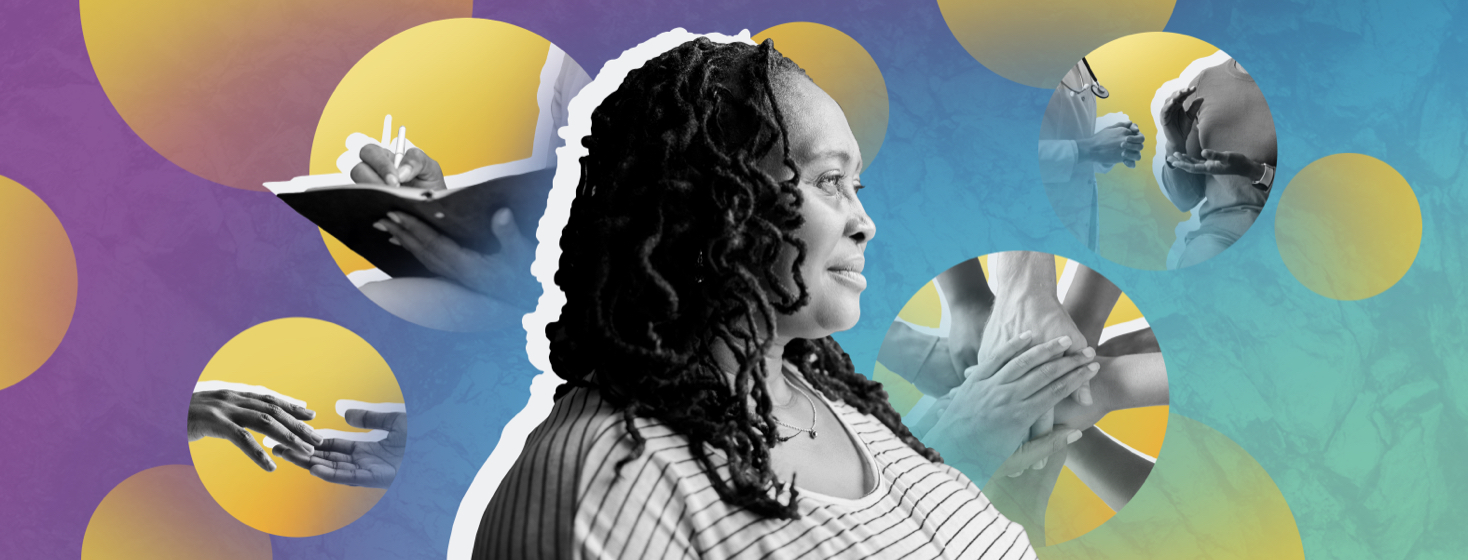Living With Chronic Illness as a Black Woman: A Personal Story
I have been living with chronic illnesses for over 20 years. I was diagnosed with lupus and rheumatoid arthritis (RA) in the prime of my life. As a black woman, I have faced many challenges in managing my conditions, both from a medical and social standpoint.
Living with chronic illness
We all know and understand that chronic illness is a long-term condition that can have a significant impact on a person's life. It can cause a variety of symptoms, including pain, fatigue, and difficulty completing daily activities. Most chronic illness can also lead to social isolation and mental health problems.
I won’t lie, living with chronic illness is a challenge, but I have found it is possible to live a fulfilling life with the right support. One major thing I have learned is to manage my conditions through a combination of medication, lifestyle changes, and alternative therapies.
Important lessons
One of the most important things I have learned is to listen to my body. I know what my triggers are, and I try to avoid them as much as possible. I also make sure to get enough rest and eat a healthy diet. When I learned to keep a food and mood journal it dramatically helped me to identify what’s good and what doesn’t work for my body.
Another important thing I have learned is to advocate for myself. This means being assertive with my doctors and other healthcare providers. It also means being willing to speak up about my needs, but also listen with an open heart to get exactly what is needed to help me be better.
Challenges of being a black woman with chronic illness
As a black woman with chronic illness, I have faced a number of challenges. Some of those challenges I still face today. One of the biggest challenges is finding doctors who understand my unique needs without pandering to their own biases. I have often felt that some doctors have dismissed my concerns or attributed my symptoms to something else.
Another challenge is dealing with the stigma associated with chronic illness. Many people believe that chronic illness is a sign of weakness or laziness. This can be especially difficult for black women, who are already stereotyped as being strong and independent.
Coping with biases and issues
As a patient leader I have learned to cope with the biases and issues surrounding being a black woman with chronic illness in a number of ways. One important thing I have learned is to find or create a supportive community. I have connected with other black men and women with chronic illness online and in person. This has helped me to feel less alone and more understood. Establishing my own platform has also helped to bring many others with my conditions and other conditions together.
When I decided to establish my own platform, it taught me the importance of being my own advocate and teaching others to do the same. I do my own research on my conditions and I am not afraid to question my doctors. When my brain is foggy or when I’m in pain I make sure to have a support person with me when I see my healthcare providers.
Finally, I have learned to speak up and speak out about my experiences. I share my story online and in person to raise awareness about my chronic illness and the challenges faced by black men and women with chronic illness.
It’s a challenge
Living with chronic illness as a black woman is a challenge, but it is possible to live a fulfilling life with the right support. Once I learned to manage my conditions properly and educate myself on my conditions, it became less of an issue in my mind to have to deal with the biases and racism. We know biases and racism will always be an issue, but we can change how we respond to it to limit the stress it places in our life.

Join the conversation